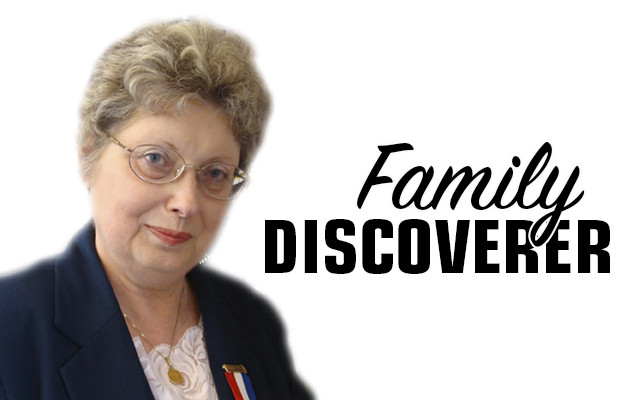
Collaborative approaches to genealogy
By Nancy Battick
To paraphrase Shakespeare’s “Hamlet,†to collaborate or not to collaborate, that is your option. As a genealogist you may choose to work on your own or with someone else researching the same family. There are advantages and disadvantages to each approach. Let’s take a look at what each has to offer and potential pitfalls.
Working alone allows you to move at your own pace. If you’re a meticulous researcher who wants to be sure each clue and item found is accurate, you may be skeptical of collaborating, especially if it’s with someone you don’t know well. Also, working solo allows you to pause researching and pick up again when you have time or are able to do so. If you have your own methods, preferred software, or are leery to release certain information about your family you may not find researching with someone else comfortable.
Researching with a collaborator often gives you access to information you didn’t know about or to places you can’t physically visit to research. Working with a collaborator allows you to bounce suggestions and interpretations of clues with another mind invested in the same research. The downside occurs when two people with different approaches try to work together. Your collaborator may trust online, unsourced trees, forget to note where a detail was found, or ignore information they dismiss as unimportant.
So, to have a good collaboration you must have two people who are on the same track and level of genealogical research skills. And, it has to be someone you trust.
Where do you find a good collaborator? Sometimes there is someone in your family who is also interested in family history. Both of you can work together on the same sources or separately. My husband works with a first cousin. I sometimes work with my own cousin.
You can also find collaborators online. If a posted tree relates to part of your own family then contacting the poster can be valuable. They may have family photos, diaries, documents, or other items you knew nothing about. And the reverse is true since you may have items that can benefit them. But sometimes the online trees are wrong. Some new genealogists believe everything they find online. More experienced genealogists know that even if it sounds great you need to do some work to confirm the information is correct.
There’s also a threat that you information may be misused. I know a case where a woman spent years researching her family uncovering unpublished original material. She planned to write a book on that family. Reluctantly, she agreed to share her find with another person who promised not to reveal any of it. You guessed it, the information showed up in a sketch in a genealogical compilation. The first genealogist’s trust was badly abused but there was little that could be done. The information cat was out of the bag with no attribution to the original researcher.
So, if you collaborate. choose your partner wisely.
Nancy Battick is a Dover-Foxcroft native who has researched genealogy for over 30 years. She is past president of the Maine Genealogical Society, author of several genealogical articles and co-transcribed the Vital Records of Dover-Foxcroft. Nancy holds an MA in History from UMaine and lives in Dover-Foxcroft with her husband, Jack, another avid genealogist. You can contact Nancy at nbattick@roadrunner.com.